Prepare to have your mind blown by the latest neuroscience revelations about the incredible changes happening in baby brains during birth. This groundbreaking research upends everything we thought we knew, unveiling a stunning neural reorganization that will redefine our understanding of early brain development.
Fans of Neuroscience Are Stunned: This One Study Changes Everything
In a first-of-its-kind investigation, researchers analyzed over 180 brain scans from fetuses and infants aged 25 to 55 weeks after conception. What they uncovered was astonishing – distinct growth patterns across different brain regions, with some areas exhibiting minimal changes while others underwent dramatic reorganization during the birth transition. The subcortical network, sensorimotor network, and superior frontal network stood out as hotspots of rapid neural rewiring.
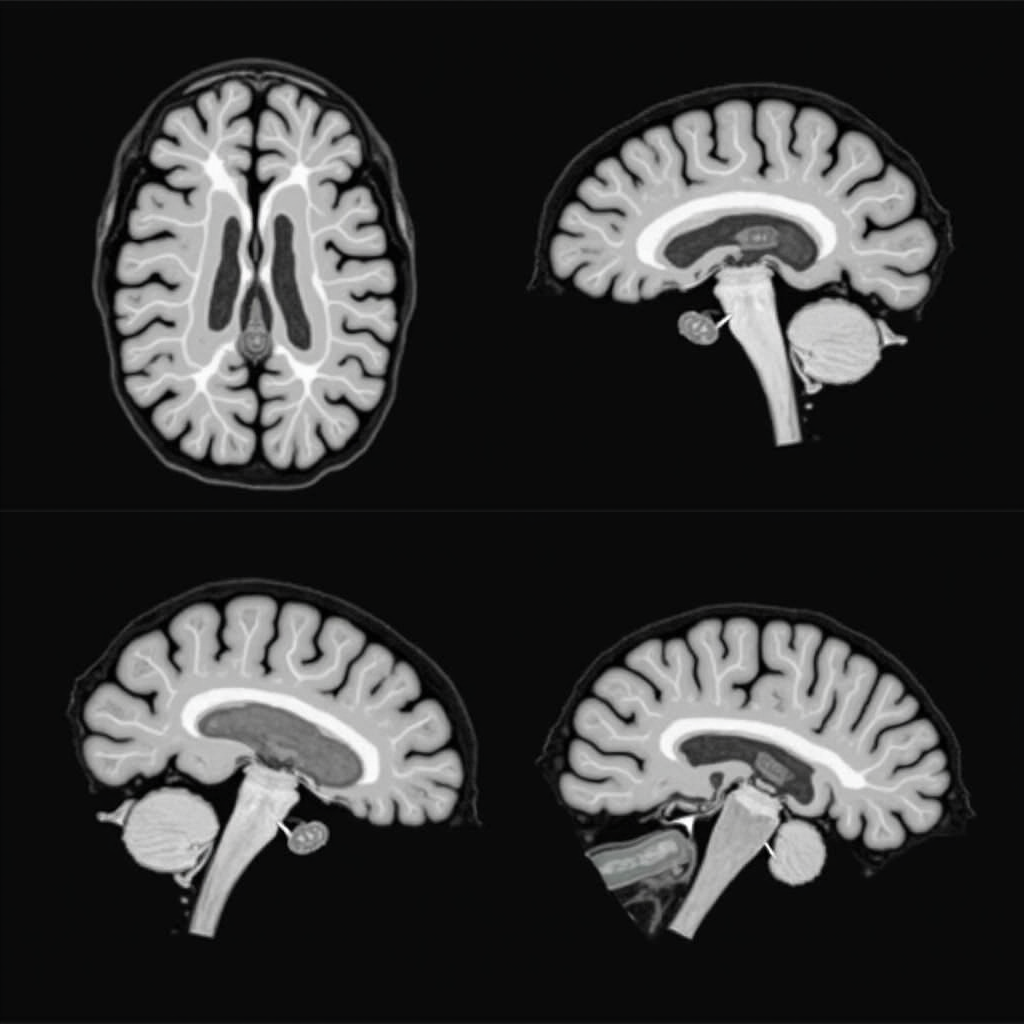
Doctors Can’t Explain These Bizarre Brain Changes During Birth…
While parts of the brain seemed to develop steadily, other areas experienced an explosive surge in functional connectivity between regions on a global scale at birth. This puzzling phenomenon may reflect neural processes that enable the newborn brain to adapt to the external world. The researchers emphasize that this work lays the groundwork for future studies exploring how factors like premature birth interact with these critical developmental stages.

You’ll Never Guess Which Brain Region Explodes in Growth After Birth
One brain network stood out as exhibiting a particularly dramatic increase in communication efficiency within its neighboring nodes: the subcortical network. This central hub relays nearly all information to and from the cortex, mediating communication between cortical areas. Its sudden growth spurt at birth hints at its pivotal role in the newborn’s ability to process the onslaught of new sensory input from the outside world.
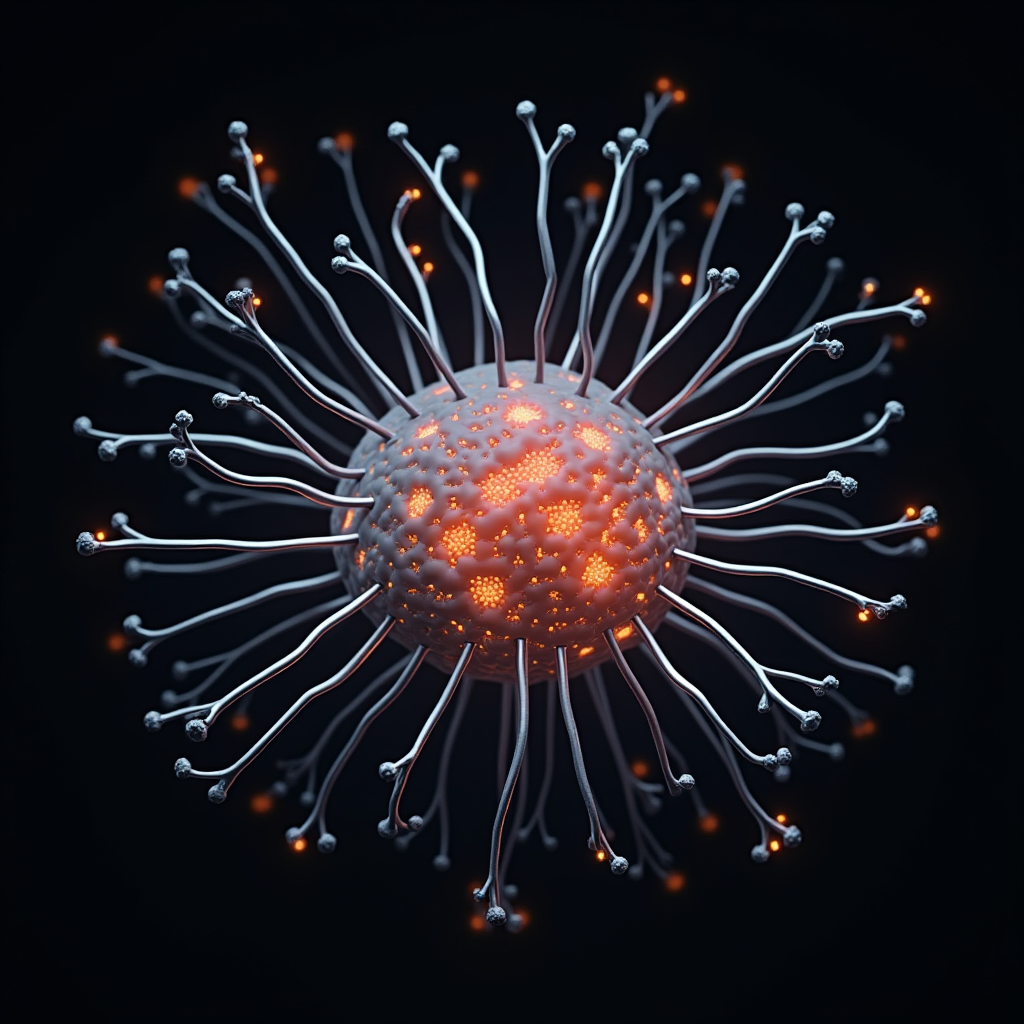
The Birth Transition Secrets Modern Science Has Finally Uncovered
While the subcortical network underwent an abrupt reorganization, other areas like the sensorimotor and parietal-frontal regions displayed a more gradual increase in global efficiency throughout the fetal to neonatal period. This likely reflects the establishment or strengthening of connections, as well as the elimination of redundant neural pathways – a pruning process critical for optimizing brain function.
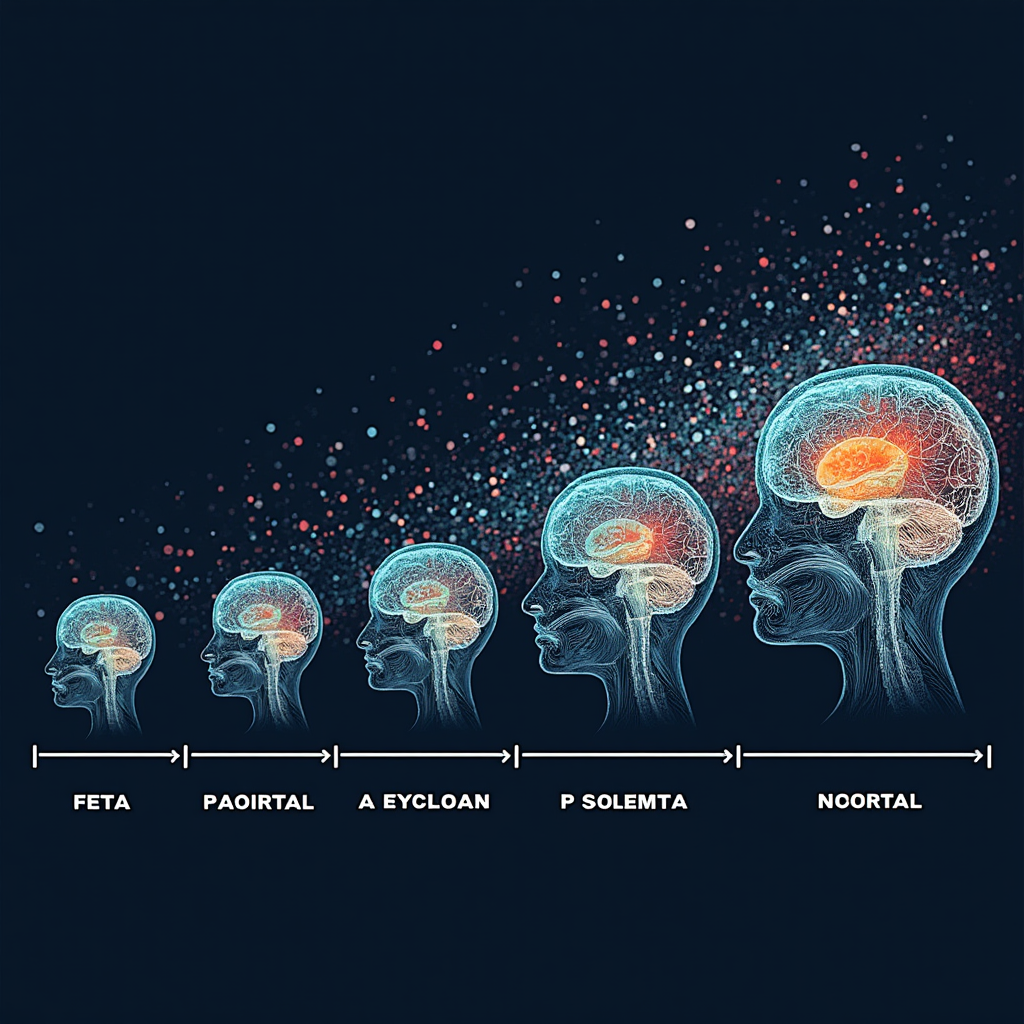
Unveiling the Mysteries of Early Brain Development: What You Need to Know
According to the study authors, this unprecedented look into the birth transition ‘unveils fundamental aspects of early brain development.’ Their findings pave the way for future research investigating how factors like sex, premature birth, and prenatal adversity influence the timing and growth patterns of these rapidly evolving neural networks in newborns.

This Incredible Brain Imaging Study Will Blow Your Mind (Literally)
Using cutting-edge functional magnetic resonance imaging (fMRI) technology, the researchers modeled developmental trajectories of brain functional networks spanning 25 to 55 weeks of post-conceptual gestational age. Their final sample included a staggering 126 fetal scans and 58 infant scans from 140 subjects, providing an unparalleled glimpse into the profound neural changes occurring during this critical window.
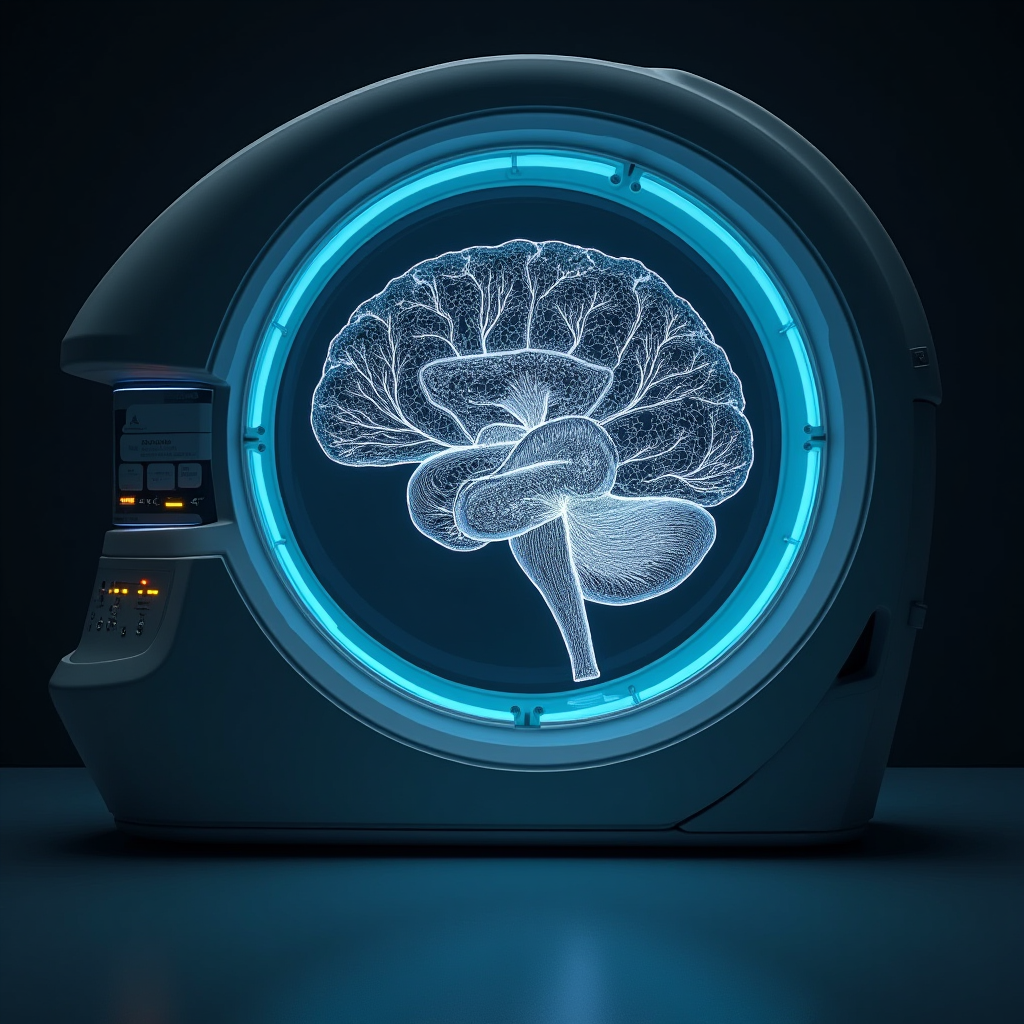
The Stunning Neural Reorganization You Didn’t Know Happened at Birth
While we once thought the birth transition was a relatively uneventful period for brain development, this game-changing study reveals the opposite is true. Certain brain networks undergo a breathtaking reorganization, with neural connectivity patterns shifting dramatically as the newborn brain adapts to life outside the womb. The implications of these findings are vast and will undoubtedly reshape our understanding of early neurodevelopment.
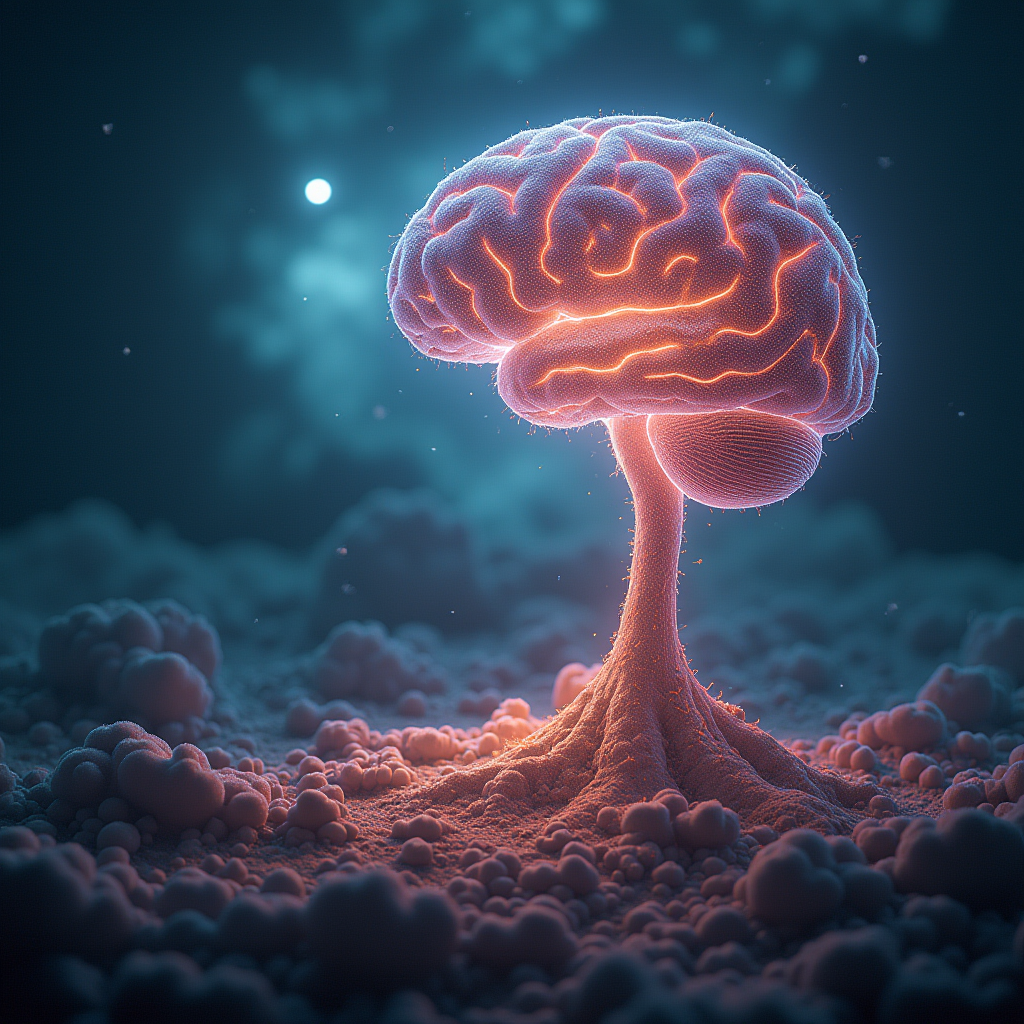
Discover the Shocking Growth Patterns That Redefine Our Understanding of Baby Brains
Gone are the days of viewing the newborn brain as a blank slate. This research proves that even before birth, distinct brain regions are actively developing along unique trajectories. Some networks remain relatively stable, while others experience explosive growth during the transition from the womb to the outside world. These revelations challenge long-held assumptions and open up exciting new avenues for exploring the factors that shape early neural development.
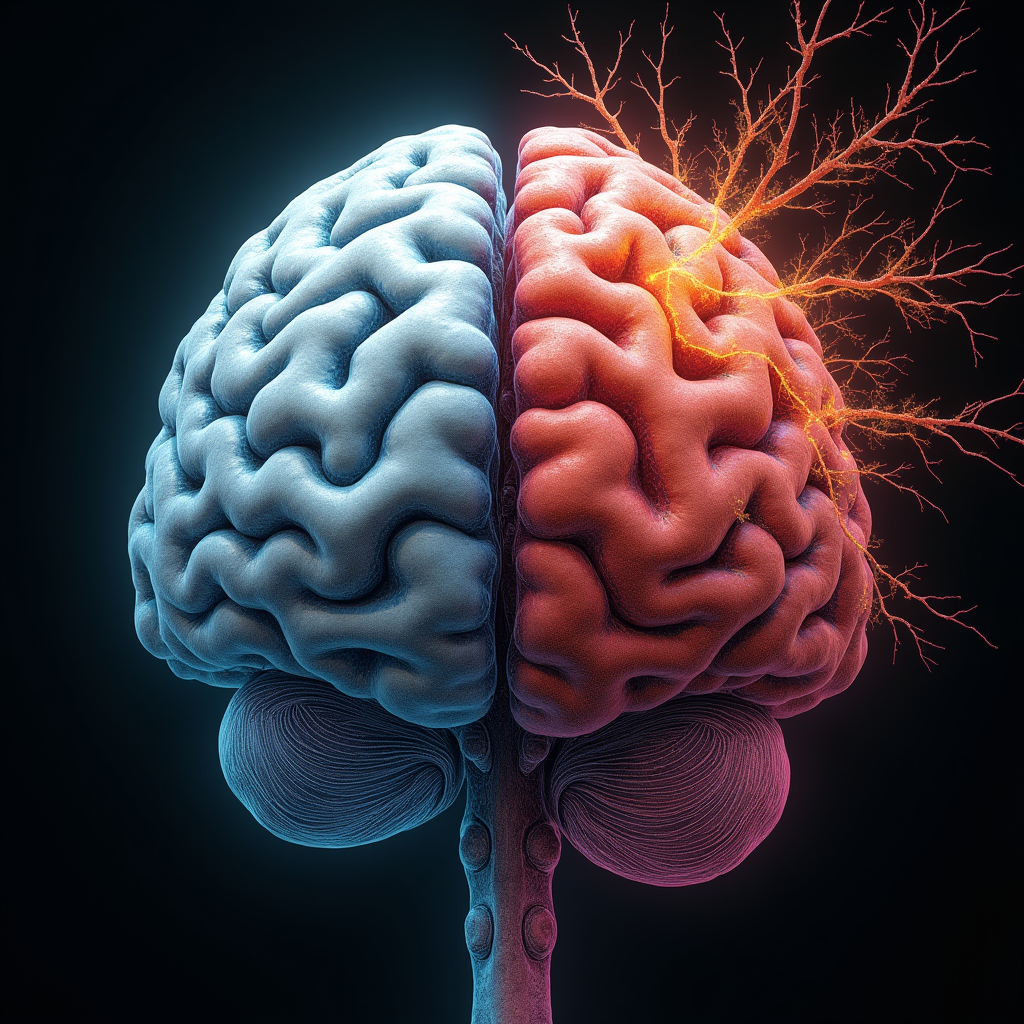
Act Now Before It’s Too Late: The Critical Window for Early Brain Development Revealed
The birth transition represents a crucial window for neural reorganization and growth, with long-lasting impacts on brain function and behavior. By uncovering the specific brain networks undergoing rapid changes during this period, researchers can now investigate how disruptions – whether from premature birth, maternal stress, or other environmental factors – may derail typical development. This knowledge is vital for designing targeted interventions to support optimal brain maturation in newborns.


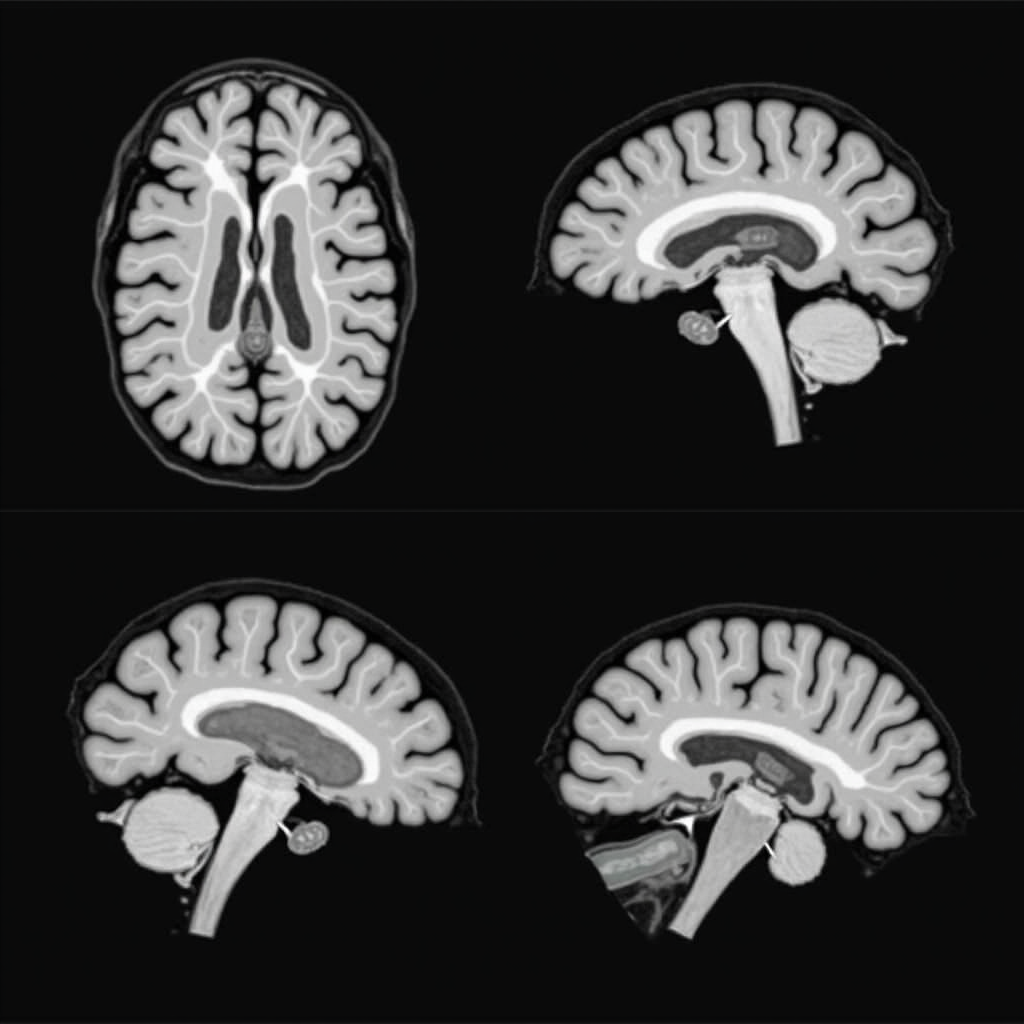














+ There are no comments
Add yours